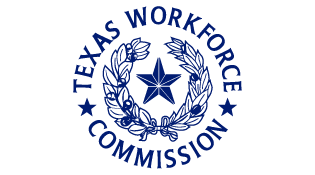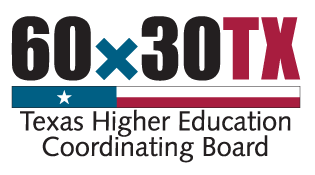I have worked with many undocumented students over the years. It’s heartbreaking to see how defeated, unsure, and scared they can be about their path to college readiness. It is our job to educate and uplift all students – and let them know that college is an option.
Undocumented students are often misinformed about the opportunities they have to attend college and become career ready. Read along for five useful tips on how to better assist our undocumented population with the financial aid process.Identify undocumented students early
I know the school year gets hectic and busy – offering guidance and ensuring that students meet state standards never slows down. But I encourage you to identify your undocumented students early (before their senior year). You can do so by asking the counselor or registrar at your school for a list of students who do not have Social Security numbers on file. Although this doesn’t always identify the correct students, it is a start.
Keep in mind that males who are 18 must complete the Selective Service process, which may take several months. Students can begin registering for Selective Service eight months before their 18th birthday. Identifying early can also help make sure that students and their families who meet or surpass the IRS income threshold file their taxes on time.
Be sensitive to the issue
As educators, we are sensitive to the needs of our students. However, some students might not feel comfortable talking about their citizenship status. I always schedule one-on-one meetings and try to make them as comfortable as possible discussing the topic as it relates to college and career readiness. Engaging in conversation with students helps to build rapport and trust. This includes building trust with parents and guardians as well.
Texas Application for State Financial Aid (TASFA) and verification
Undocumented students are not eligible for federal financial aid. In lieu of the FAFSA, they will fill out the TASFA for state financial aid. The application can be found online and is available in English and Spanish. Texas OnCourse has compiled a list of university-specific financial policies and requirements to inform students who are undocumented or have DACA (Deferred Action for Childhood Arrival) status.
If you are unfamiliar with how to fill out the TASFA, use college resources, contact community organizations that support these students and families, and call different financial aid offices to schedule appointments with financial aid advisors. College recruiters are always willing to stop by high schools and help with the financial aid process as well. You can also view this webinar on tips for completing the TASFA.
It’s best to turn in the TASFA with any verification documents the school might need. Contact the financial aid office to see which ones. I usually include a non-tax filer form and dependent student verification form (if applicable) and a notarized income letter if the parent did not work or file taxes. If parents have W2s, I always include those along with a tax return.
Don’t be afraid to use your resources (and definitely complete the free TASFA module under Financial Aid Application Process in the Texas OnCourse Academy), ask questions, and call for assistance! It’s worth it to make sure they turn in everything needed. The priority deadline for financial aid is January 15th, but try to get students to submit the TASFA as soon as possible.
Dream.US scholarships
Undocumented students and educators should be aware of scholarships for TASFA students. Here is a really great opportunity that several colleges in Texas offer: the Dream.US Opportunity Scholarship. The Opportunity Scholarship is for highly motivated, college-ready DREAMers who want a college education but can’t afford the cost. They have no access to federal aid, limited access to state aid, and sometimes face paying out-of-state tuition. The application has a deadline of January 30, 2020.
Partner colleges that offer this scholarship include El Centro College, Alamo Colleges, Texas A&M University-San Antonio, University of Houston, UNT Dallas, UTEP, and UTRGV. The scholarship is for up to $80,000 to cover tuition, fees, and on-campus housing and meals for a bachelor’s degree. I encourage you to push this opportunity!
Be aware of traveling issues (DACA status)
The purpose of DACA is to protect eligible immigrant youth who came to the United States when they were children from deportation. DACA gives young undocumented immigrants protection from deportation and a work permit. The program expires after two years and is subject to renewal.
Not all undocumented students have DACA status. Be aware of travel issues and whether checkpoints must be passed to arrive at certain colleges in Texas. For example, I work in the Rio Grande Valley. Let’s say a student gets a scholarship to attend a college in San Antonio and must cross a checkpoint to get there. It’s not worth that student risking their safety or being deported to go to school there. Keep their best interest in mind and talk through all their options.
Counselors and advisers play extremely vital roles in promoting education and fruitful lives for all Texas students. Thank you for all you do! For more at-a-glance resources on TASFA, including who qualifies and how to best track student apps, visit the Texas OnCourse TASFA Pinterest board.






